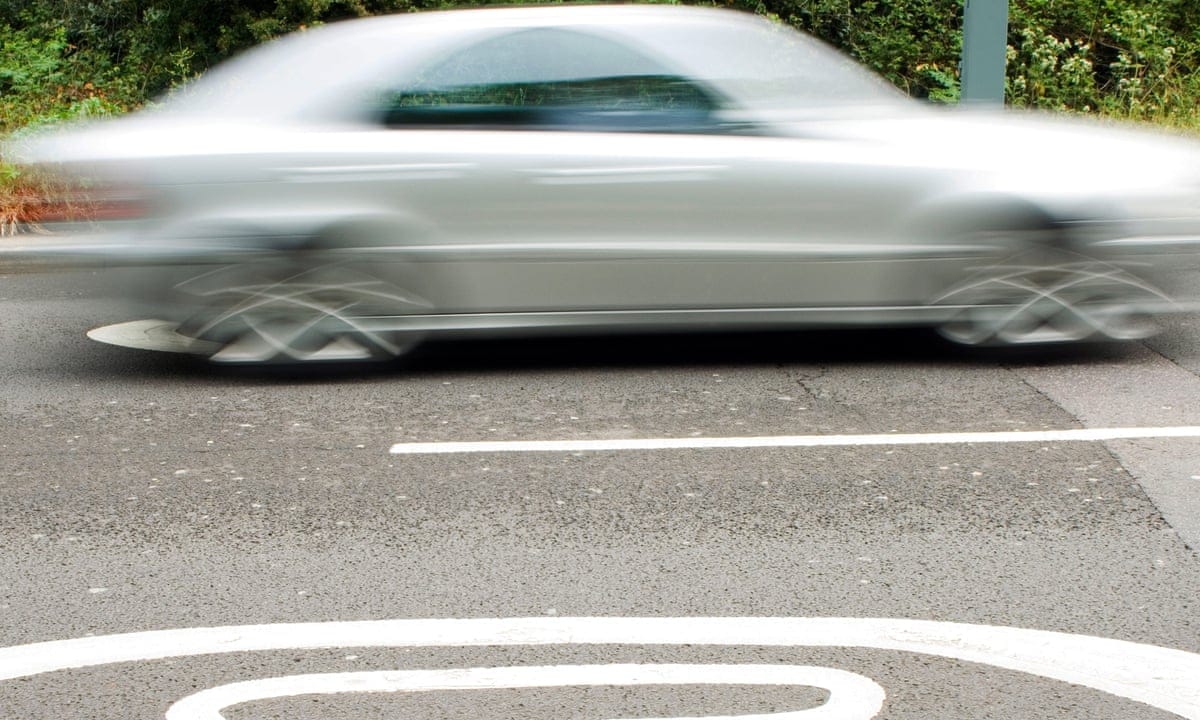In road regulations and courtrooms across Europe, there's no debate about what those prominent red numbers signify. However, a trip up any city street or highway without speed cameras to monitor drivers reveals that many still perceive speed limits as a goal rather than an obligation.
Starting from 7 July, all new cars sold in the EU and Northern Ireland must come with several technological safety features standardized by law. Among these is intelligent speed assistance, also known colloquially as a speed limiter.
While other parts of the UK may not be obliged to adhere to Brexit freedoms, the interconnected nature of automobile production means that new cars here will prompt drivers to keep their speeds down. By integrating satellite navigation and front-facing cameras, these vehicles will sound alarms if they detect excessive speed for the current location.
Many car owners are already familiar with such features, but some find them annoyingly intrusive and choose to disable them. A representative from a large automaker mentioned that while there's an argument about enhancing safety, many drivers prefer not having these systems in place due to their discomfort.
Starting now, however, cars will be designed with non-removable speed control systems. The question remains - how will car enthusiasts perceive this shift towards progress?
“It’s one of those things that it's quite hard to argue against,” says Steve Fowler, an automotive consultant and former editor for Autocar. “Adhering to speed limits is not only beneficial in numerous ways but can also save lives.”
Safety stands as the primary reason behind adhering to lower speeds, with charities like Brake and Rospa highlighting that even slight increases above 30mph significantly affect accident rates. Increased road fatalities involving speeding vehicles are a concern in Britain, with numbers rising faster than overall traffic deaths since the onset of Covid-19.
The Department for Transport's study revealed significant proportions of drivers admit to breaking speed limits - 57% on motorways and only adhering to 30mph limits in urban areas at a mere 40%. Free-flowing traffic scenarios, especially on roads with 20mph speed limits that don't have speed bumps or residential restrictions, resulted in even higher violations.
Many speeders claim they drive at the same pace as other drivers around them. However, adherence to lower speeds remains a challenge for many motorists when navigating roads such as London and Wales highways, where enforcement measures are becoming more stringent with technologically advanced systems like cameras that accurately read vehicle speed.
With precise speed readings provided by computers replacing the old analogue speedometer needles, along with improved camera technology for enforcing these limits, it's becoming increasingly difficult to dismiss responsibility for speeding violations. Lawyers assert that drivers who turn off their speed limit features at journey start may face legal consequences if involved in accidents later on.
In addition to mandatory speed control measures, other safety technologies like automatic lane-keeping and emergency braking will also become compulsory. However, questions remain about how well these systems perform under various real-world conditions and the potential discomfort drivers may experience when their cars take over driving tasks.
Despite these challenges, there's a general consensus that safety outweighs any concerns. More drivers seem to be embracing slower speeds as they become more conscious of fuel efficiency in relation to speed. With the rising cost of living emphasizing miles per gallon over mph, driving efficiently and responsibly is gaining traction among motorists.
Read next

"AirPods Pro 3 reviewed: Upgraded battery, superior noise cancellation, top-tier performance"
Apple’s widely used AirPods Pro wireless earbuds have returned for their third iteration, offering improvements in comfort, battery performance, integrated heart rate tracking, and enhanced noise cancellation. The new model appears poised to be as prevalent as earlier versions.
Three years have passed since the previous release, yet the

"Peter Thiel's secret talks on antichrist shed more light on him than doomsday"
Peter Thiel’s Unusual Academic Pursuits
Peter Thiel is known for his skepticism toward academia. Yet, in four recent private lectures in San Francisco discussing the antichrist, the billionaire investor has made an unexpected case for intellectual credentials.
During these wide-ranging talks, Thiel appeared to channel the eclectic thinking he

"X resolves $128M severance dispute with former Twitter executives"
# Elon Musk and X Reach Settlement with Former Twitter Executives Over Severance Dispute
Elon Musk and X have resolved a legal dispute with four former high-ranking executives of Twitter, including the company’s ex-CEO, who alleged that the billionaire withheld $128 million in severance payments after acquiring the social media

